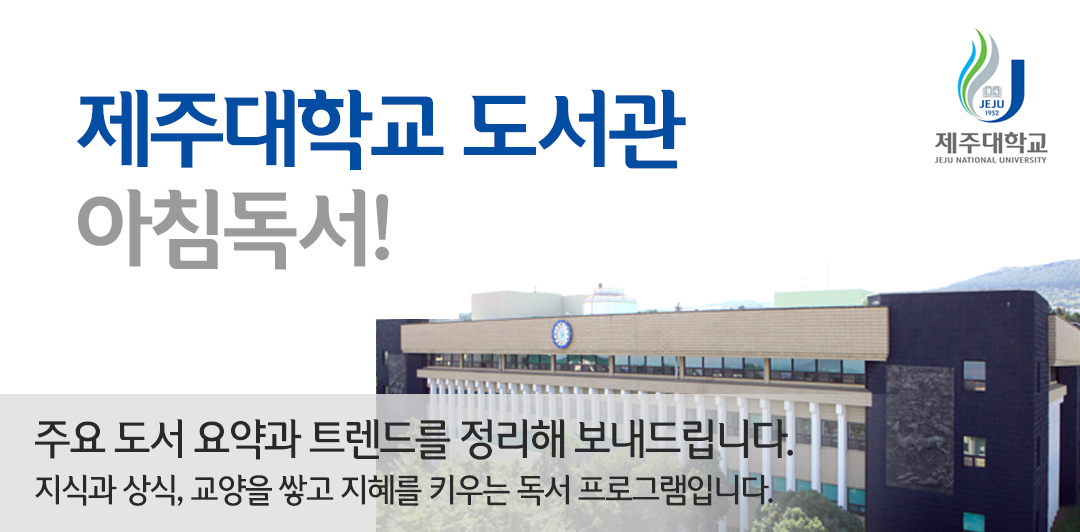
|
[RH] 리더의 긍정 언어가 가져오는 놀라운 효과 | |||
| 라이스 대학교와 윈저 대학교가 직원을 보다 탄력적으로 만들고 직장에서 학... |


  |
 |  |
 |
[RH] 리더의 긍정 언어가 가져오는 놀라운 효과
그룹 앤 오거나이제이션 매니지먼트(Group & Organization Management) 특별호에 게재된 한 실험 연구에 따르면, 직원들이 직장에서 학습하고 변화를 위한 아이디어와 제안 사항을 말할 수 있도록 긍정언어로 격려하는 리더는 예상치 못한 상황에 직면했을 때 더 효과적이고 탄력적인 팀을 갖게 된다고 한다.
라이스(Rice) 대학과 윈저(Windsor) 대학의 이 새로운 연구는 직원을 보다 탄력적으로 만들고 직장에서 학습을 촉진하는 요소가 무엇인지를 알아보는 것이었다. 연구원들은 5개의 캐나다 소재 기술 스타트업에 속한 48개 팀의 상호 작용을 구체적으로 조사했는데, 이 연구 프로젝트는 개인과 팀의 회복력 과정과 문제 해결 능력에서 리더십과 직원의 목소리가 상호 작용하여 중요한 역할을 수행하고 있음을 발견한 것이다.
연구원들은 상사가 직원들에게 위험을 기꺼이 감수하고, 제안을 하고, 업무 과정을 통해 학습하도록 긍정 언어로 격려하면 팀이 더 효과적이고 탄력적이 된다는 것을 발견했다. 즉, 학습과 열린 의사소통을 중심으로 하는 일터 및 업무 환경을 조성하면, 팀은 더 성장하고 이것이 새로운 업무를 추진할 때 도움이 된다는 것이다.
이러한 환경으로 개선하기 위해 리더가 해야 할 일은 개방성에 대한 신호를 공급하고 직원들이 발전에 집중할 수 있도록 긍정 언어로 가득한 직장 문화를 더욱 강화하는 것이다.
연구원들은 이 연구 결과를 다음과 같이 정리했다.
“단순히 업무 성과에만 그치지 않고 학습에 집중하는 리더가 있다는 사실을 아는 것이 중요하다. 또한 긍정 언어로 이를 직원들에게 정기적으로 그리고 의도적으로 전달하는 것이 중요하다. 이것이 보다 탄력적인 팀을 구축하는 데 큰 영향을 미칠 수 있다. 동시에 리더는 학습 마인드셋을 구두로 보상해야 한다. 예를 들어, 업무 중 실수를 한 직원에게 실수를 했다고 질책하는 대신 '좋아, 이제 이 경험에서 뭔가 배웠지?‘라고 말하면 그 결과는 그렇지 않았을 때와 큰 차이가 생긴다.”
- GROUP & ORGANIZATION MANAGEMENT, May 12, 2021, “A Resource Model of Team Resilience Capacity and Learning,” by Kyle M. Brykman, Danielle D. King. © 2021 by SAGE Publications. All rights reserved.
To view or purchase this article please visit:
 |  |
 |
[RH] A Resource Model of Team Resilience Capacity and Learning
According to a new research study titled, “A Resource Model of Team Resilience Capacity and Learning,” which will appear in a special issue of Group & Organization Management, leaders who encourage their employees to learn on the job and speak up with ideas and suggestions for change have teams that are more effective and resilient in the face of unexpected situations.
The new research from Rice University and the University of Windsor studied what makes employees more resilient and fosters learning in the workplace. The researchers specifically examined the interactions of 48 teams from five Canadian technology startups. This research project offered an opportunity to uncover the important role of leadership and employee voice in the resilience process.
The researchers found that teams that were more effective and resilient if their bosses encourage employees to take risks, make suggestions and learn from the process. Creating a work environment centered around learning and open communication is helpful as teams grow and take on new tasks. To enhance this environment, leaders must reinforce this workplace culture with positive language that signals openness and a focus on their development.
According to the researchers, “Knowing that you have a leader who is focused on learning and not just on performance outcomes is critical. It’s also important for them to be intentional about communicating this regularly to employees, as it can make all the difference in building more resilient teams. Leaders need to verbally reward a learning mindset. For example, when a boss responds to an employee who makes an on-the-job error by saying, ‘Great, now you can learn from this experience,’ rather than berating them for making a mistake, it makes a big difference.”
- GROUP & ORGANIZATION MANAGEMENT, May 12, 2021, “A Resource Model of Team Resilience Capacity and Learning,” by Kyle M. Brykman, Danielle D. King. © 2021 by SAGE Publications. All rights reserved.
To view or purchase this article please visit:

.jpg)
.jpg)
.jpg)

